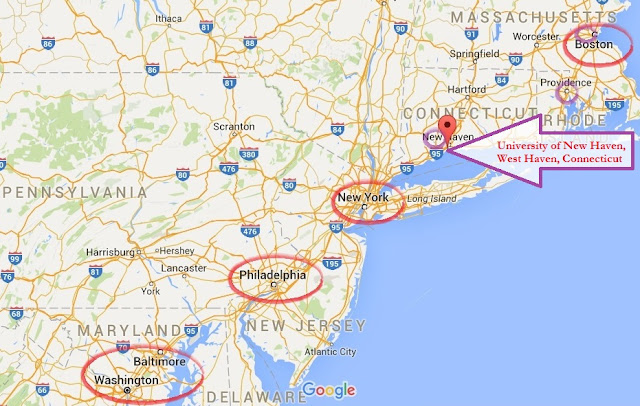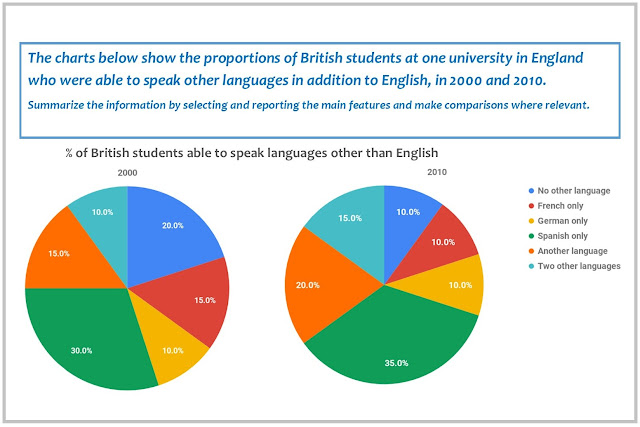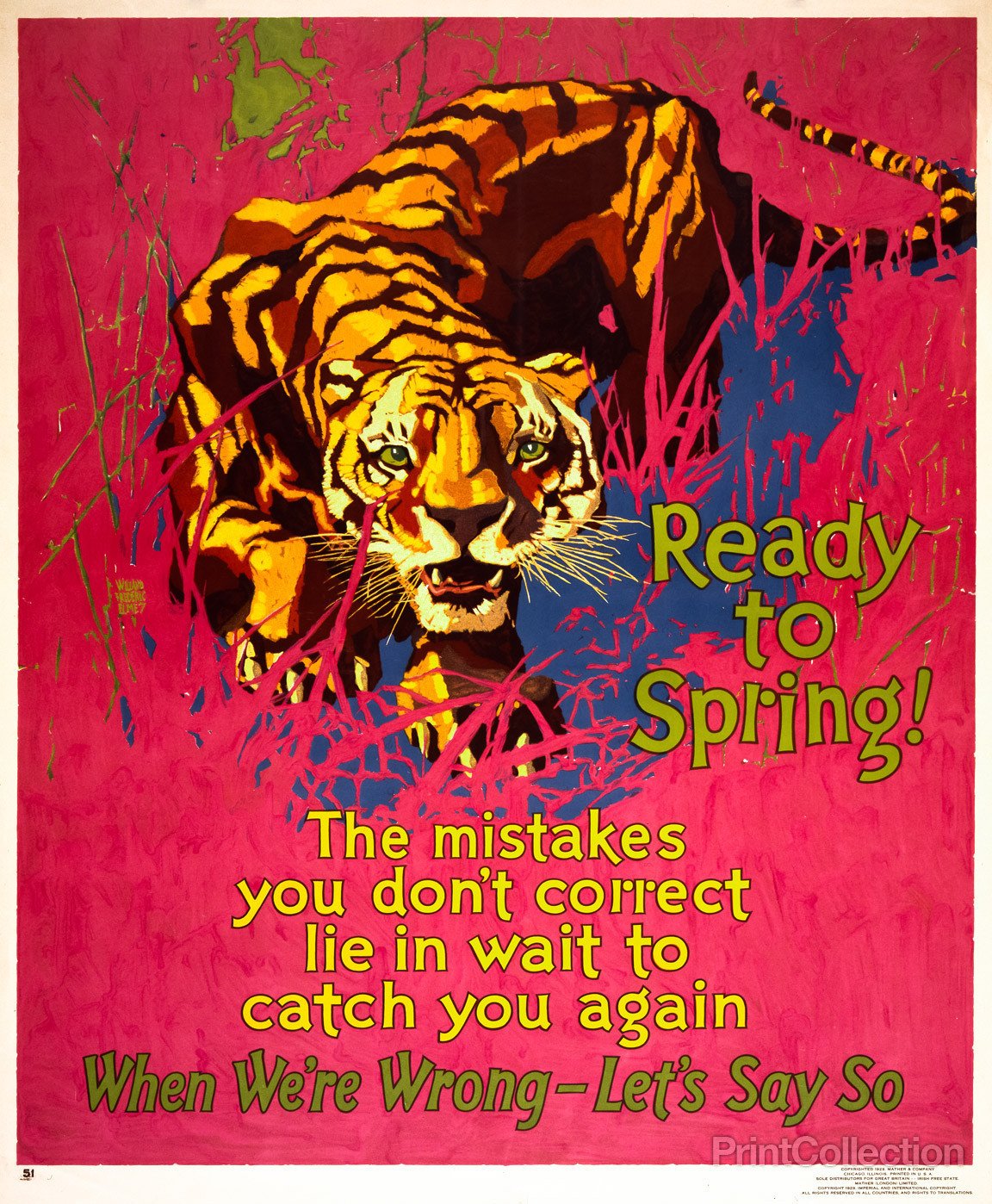My Fulbright year: what, where, when
And now I’m back, with a backpack of new experiences,
inspiration, knowledge, and ready to write, write, write!
I went to the USA for my Fulbright FLTA experience on
8 August 2015 and returned on 4 June 2016. The experience was great, fantastic,
eye-opening, mind-blowing, developmental and many other positive adjectives. But
first, some facts: where exactly did I go and what exactly did I do?
Good news: On 30 April 2015, I got an email, which made me
jump and yell triumphantly. It started,“Congratulations! You have been selected for the Fulbright Foreign Language Teaching Assistant (FLTA) Program.” In August, I went to teach Russian and study at University
of New Haven (West haven, Connecticut, USA). (More about my Fulbright application.)
University: University of New Haven (UNH for short)
has a student body of 5,000-10,000 students. Most of the people taking Russian
at UNH have one of (or both of) these two majors: criminal justice and national
security.
Location: UNH is located in a small town of West Haven,
which is very conveniently located and has good transport links. New York City
is only a 2-hour train ride away and Yale is only a 10-minute bus ride away.
Housing: I lived in university housing, in a two-floor
shared house. My roommate* had some kind of office job at the university. The
house was a 30-minute walking distance from the university or a 10-minute
bus/car ride. There was a university shuttle service and I was also provided
with a free local bus pass. (Although I didn’t have to walk, I often did.)
Teaching: I was a primary teacher at beginner level, teaching 3 times a week at 8 am. Additionally, I had office hours (6 hours a week), Russian tables (2 hours a week) and in spring semester I taught a “language lab” on Russian émigré writers and poets of the 20th century (which I absolutely loved!). I also took part in and / or helped organize film and culture festivals as a representative of Russian culture. (More about me teaching Russian and Russian emigre literature.)
Studying: As part of the program, we were required to
take at least 2 courses per semester, one of which had to be in US Studies and
the other three had to be related to our professional development as teachers
of English. I took all 4 courses on credit basis, which means I did all
coursework, took exams and was assessed on the same basis as every other
student enrolled in the course. The courses I took and the grades I got: Speaking
and Writing for Professionals (A+), Public Speaking and Group
Discussion (A -), Introduction to Creative Writing (A+), American
History since 1607 (A).
Finances: The grant covered everything: housing, meals,
university tuition, travel to and from host institution, and a medical
insurance. I also got a monthly stipend, which wasn’t large, but given that everything
else was provided, I could save up for traveling.
I think that pretty much covers the everyday specifics of my
Fulbright year. If you have any questions, feel free to ask. The next post will be on the benefits of being a Fulbrighter, stay tuned!
Disclaimer: Every Fulbrighter has a different story to tell.
This is just my personal experience and the details of my participation in the
program.





Comments
Post a Comment